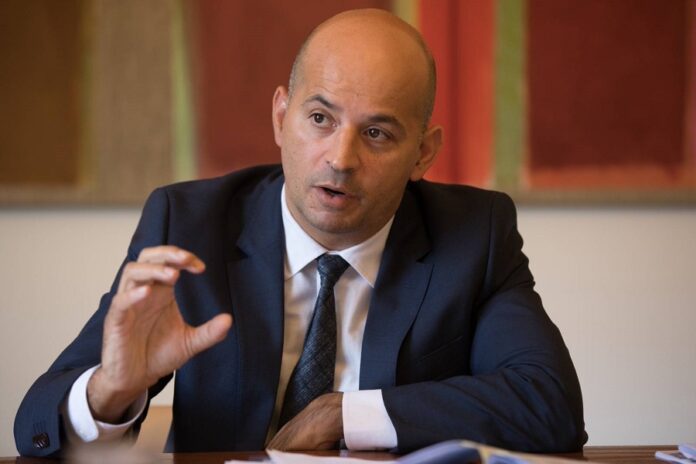Portugal’s Finance Minister Joao Leao said on Tuesday, that EU countries agree with the criteria proposed by the European Commission to determine how long budgetary rules should be suspended for and should decide in May whether to continue the suspension in 2022, according to euractiv.com.
Joao Leao explained that there is a consensus that Europe cannot risk removing support for the economy prematurely, as the year 2022 should still be a year of recovery and that it would be logical to keep the escape clause from the budgetary discipline rules in the Stability and Growth Pact.
Portugal holds the rotating presidency of the EU Council until July and Leao chairs the Economic and Financial Affairs Council (Ecofin) of EU 27 ministers.
“Regarding economic recovery, the expectation of the member states are for a strong acceleration of the economy for the second half of the year and onwards, as vaccination campaigns gain pace and containment measures are progressively lifted. The year 2022 will also be marked by robust growth,” said Leao.
“But this will not be the equivalent of recovering the growth trajectory we experienced before the pandemic. We want more, which once again highlights the need to maintain policies that promote growth,” added Leao.
European Commission’s Vice-President Valdis Dombrovskis said that the level of economic activity in the EU compared to pre-crisis levels at the end of 2019 should be the key quantitative criterion for the EU executive’s assessment of whether to deactivate or maintain the application of the derogation clause.
Dombrovskis reiterated at the press conference that the final decision to be taken in spring should depend on the overall assessment of the state of the economy, with the key criterion being whether economic performance has returned to pre-crisis levels.
Both officials also indicated that a final decision would be made based on the Commission’s next macroeconomic forecasts in the spring, which Brussels is due to release in early May.
Finance Minister Joao Leao explained the idea that the absolute priority in the current context is to help the European economy withstand the COVID-19 crisis which is not possible without the states’ support.
He stressed that if support for the most vulnerable sectors was not maintained, then the EU would run the risk of viable companies becoming insolvent and a temporary crisis leaving permanent scars on the Union’s economies.
“We will do everything we can to avoid this scenario”, he added.


